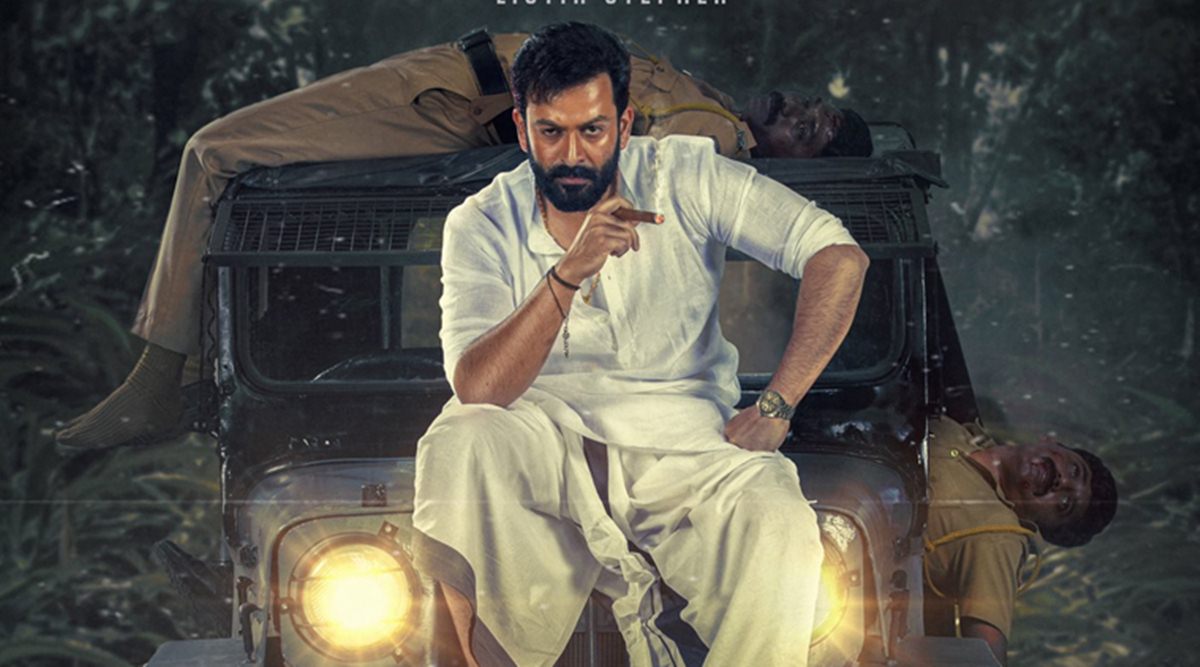Kaduva movie review: This entire movie, which is a celebration of vanity, is so excruciatingly dull. One can't help but wonder, who still finds slow-motion walks and frequent twirls of moustache the big-screen entertainment is made of?

The old pastor, Innocent, protests but in vain. And suddenly he gets an idea. He tells the Bishop, “If you want to transfer him, send him to Pala, Kottayam.” The victim and her father are shocked, but he tells the aggrieved in private that in Pala, there is Kuriyachan (Prithviraj Sukumaran) and he will give justice to them.
The story is set in the 1990s. After such an elaborate setup and drum rolls, you imagine Pala to be some version of the wild wild west. A place that’s run by outlaws and where violence is the way of life. That’s at least the minimum you expect when the wise pastor asks the accused to be sent to Pala, instead of north, as a punishment. But, Pala turns out to be quiet and uneventful, a lush green paradise filled with churches. It feels like a nice place to spend your retirement. It is the opposite of what one might consider a punishment. And Kuriyachan is no Don Vito Corleone or Nayakan; he is just a wealthy man, with an oversized ego.
Kuriyachan goes by the name Kaduva, which means tiger. He has inherited the wealth from his father along with some egoistic attributes that were deemed villainous in movies that were made in the 1990s. Most of our modern mainstream blockbusters have a self-centred protagonist at their heart, who wages war not for a greater cause, but just to preserve his frail ego. We have somehow grown to approve of it as entertainment. But, Kaduva demands more from us. It asks us to believe in his heroism despite all the wrongdoings and power abuse carried out by him just to nurse his wounded ego.
This piece is not to make an argument that every movie has to have a protagonist who is a paragon of righteousness, justice and goodness. We have celebrated movies of gangsters, mob bosses and the characters that are deemed law-breakers. But, these movies and characters have always been upfront about themselves. There was no confusion when it comes to the criminal nature of the world they live in. In Kaduva, however, director Shaji Kailas and writer Jinu V. Abraham presents the protagonist as a man of all things heroic, while making him do things that a man with a clean heart and integrity won’t approve of.
For instance, Kuriyachan tells a cop that his son has a genetic disorder because of all the wrongs he has committed on the job. In other words, the child with some medical condition has been cursed for the sins of his father. The statement is problematic and insensitive.
Kuriyachan goes on to insult an aged woman in public, joins hands with corrupt politicians, tampers with the electoral process and more just to protect his ego. He comes across as a man with no heart, passion or intelligence worthy of our admiration. He’s just a product of vanity, who cares more about the stain on his white khadi ‘jubb’ and doti, than being a better man. Joseph Chandy, played by Vivek Oberoi, who is the villain of the movie, shows more character than Kaduva. At least he’s not pretending to be a hero.
And this entire movie, which is a celebration of vanity, is so excruciatingly dull. One can’t help but wonder, who still finds slow-motion walks and frequent twirls of moustache a product of big-screen entertainment?
0 Comments